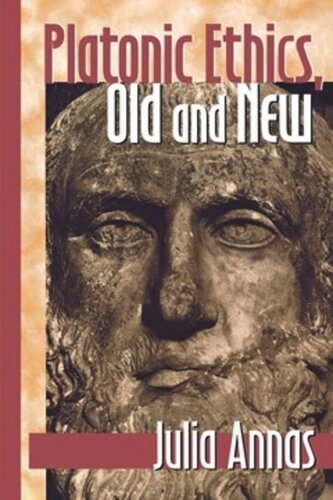

Most ebook files are in PDF format, so you can easily read them using various software such as Foxit Reader or directly on the Google Chrome browser.
Some ebook files are released by publishers in other formats such as .awz, .mobi, .epub, .fb2, etc. You may need to install specific software to read these formats on mobile/PC, such as Calibre.
Please read the tutorial at this link: https://ebookbell.com/faq
We offer FREE conversion to the popular formats you request; however, this may take some time. Therefore, right after payment, please email us, and we will try to provide the service as quickly as possible.
For some exceptional file formats or broken links (if any), please refrain from opening any disputes. Instead, email us first, and we will try to assist within a maximum of 6 hours.
EbookBell Team

4.1
20 reviewsJulia Annas here offers a fundamental reexamination of Plato's ethical thought by investigating the Middle Platonist perspective, which emerged at the end of Plato's own school, the Academy. She highlights the differences between ancient and modern assumptions about Plato's ethics—and stresses the need to be more critical about our own.
One of these modern assumptions is the notion that the dialogues record the development of Plato's thought. Annas shows how the Middle Platonists, by contrast, viewed the dialogues as multiple presentations of a single Platonic ethical philosophy, differing in form and purpose but ultimately coherent. They also read Plato's ethics as consistently defending the view that virtue is sufficient for happiness, and see it as converging in its main points with the ethics of the Stoics.
Annas goes on to explore the Platonic idea that humankind's final end is "becoming like God"—an idea that is well known among the ancients but virtually ignored in modern interpretations. She also maintains that modern interpretations, beginning in the nineteenth century, have placed undue emphasis on the Republic, and have treated it too much as a political work, whereas the ancients rightly saw it as a continuation of Plato's ethical writings.